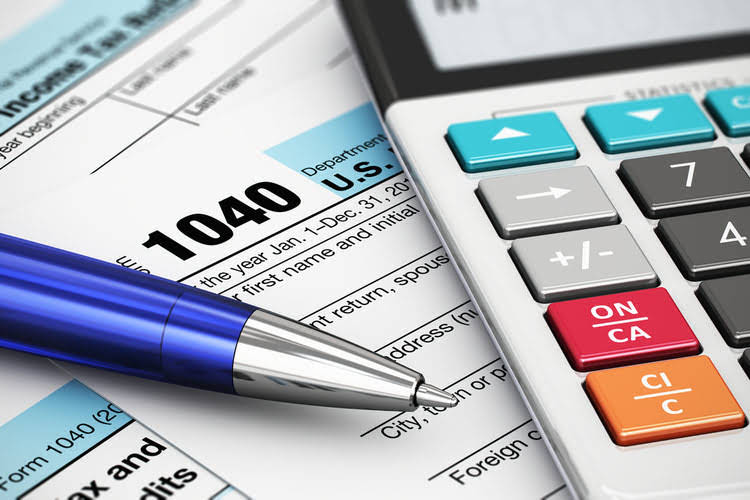
In the end, investing in Stocks vs Bonds on the Stock Market (or ‘Equity Market‘) and Bond Market (or ‘Credit Market’) is a very similar process for any Investor. Private ownership like this is standard for Private Equity and Venture Capital Funds. Similar to Bonds, the Companies divide the ownership of a Business into smaller (equally sized) units (or ‘Shares‘ of ‘Stock‘). In other words, the Business receives money right when it issues the Bonds. It’s worth noting that the money raised from the Bonds only flows to the Business one time.
- There are even strategic investment funds that change your portfolio allocation depending on your age and when you plan to retire.
- Preferred stock is very similar to common stock in that its value is based on the performance of the underlying company.
- Treasury securities, such as government bonds, notes and bills, are virtually risk-free, as the U.S. government backs these instruments.
- As a result, they’ll typically continue receiving payments during quarters in which common stockholders won’t receive dividends.
- All financial assets have prices that move; they go up and down.
- Stockholders do not own a corporation but corporations are a special type of organization because the law treats them as legal persons.
- With a Business, the same flow of Equity and Debt funding above also applies, but with a few differences.
Treasury securities, such as government bonds, notes and bills, are virtually risk-free, as the U.S. government backs these instruments. The investing information provided on this page is for educational purposes only. NerdWallet, Inc. does not offer advisory or brokerage services, nor does it recommend or advise investors to buy or sell particular stocks, securities or other investments. When you buy a stock, you could earn a big return if the company does well and your shares increase in value. If you bought a share of Google back in 2004, for example, you paid $50 per share. Three years later in 2007, that same share was valued at about $300.
Secured vs. Unsecured bonds
They offer the greatest potential for growth, but they also come with significant risk. Stock prices can drop significantly in a short time, so it’s possible to lose money investing in stocks. Since stocks and bonds generate cash differently, they are taxed differently. Bond payments are usually subject to income tax, while profits from selling stocks are subject to capital gains tax. Capital gains taxes may be lower than income taxes for investors in some income brackets.
- A portfolio of stocks and bonds mixed with savings and investing over time has produced winning results for over 100 years.
- Its articles, interactive tools and other content are provided to you for free, as self-help tools and for informational purposes only.
- Requires both an active Acorns Checking account and an Acorns Investment account in good standing.
- This influences which products we write about and where and how the product appears on a page.
- Investors can purchase bonds directly from the issuing government entity or corporation or through a brokerage.
Bonds are financial instruments that state that some entity owes you money, along with regular interest payments. Bonds are often called credit, debt, in your own words, explain the difference between stocks and bonds or fixed-income securities. Stock investors care about investing in good companies because that means that the stock prices are likely to go up.
Motley Fool Investing Philosophy
The other key difference between the stock and bond market is the risk involved in investing in each. As you age and get closer to retirement, it becomes more and more important that your investments deliver stable returns with lower volatility and risk. In addition to loaning money to the federal government, you can lend money to cities through municipal bonds, or to companies through corporate bonds. These tend to have higher interest rates, but the borrowers may be at a higher risk of default.